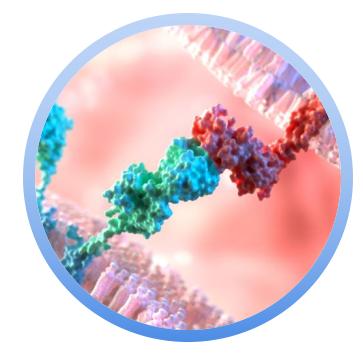
At CD BioSciences, we specialize in providing in-depth Mechanism of Action (MoA) studies for human herpesvirus (HHV) therapies. Our MoA studies are designed to support the discovery and development of antiviral drugs by identifying and validating key targets, evaluating the effects on viral lifecycle stages, and analyzing resistance profiles. We ensure that our clients receive the most accurate, reliable, and comprehensive data to accelerate their research and clinical trials.
Our Expertise and Approach
Our MoA studies are pivotal for understanding how antiviral agents interact with HHV at the molecular level. We aim to uncover the exact mechanisms by which potential therapeutics inhibit viral replication and spread. This detailed knowledge enables drug developers to optimize their treatments, ensure efficacy, and overcome challenges such as drug resistance. Below, we outline the specific services we offer in the MoA studies domain:
Target Identification & Validation
Understanding the key viral targets is the first step in developing effective antiviral therapies. Our team utilizes advanced genomics, proteomics, and bioinformatics tools to identify viral proteins or genetic elements that play a crucial role in HHV infection. After identification, we perform target validation through a variety of assays to ensure that these targets are genuinely involved in the viral lifecycle and can be modulated by therapeutic agents.
Viral Lifecycle Stage Inhibition Assays
The lifecycle of human herpesviruses includes several distinct stages, each representing a potential point for therapeutic intervention. We offer assays that evaluate the inhibition of various viral lifecycle stages, including:
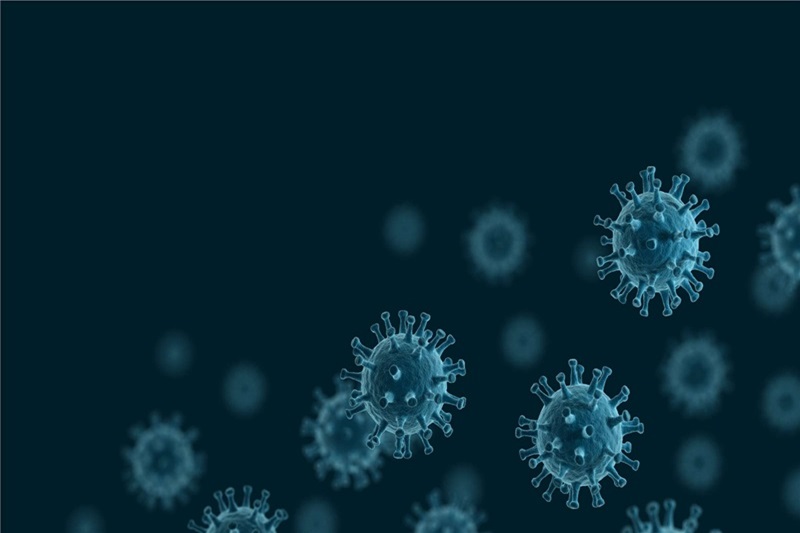
Entry/Fusion Inhibition Assays
We assess the ability of compounds to block the initial viral entry into host cells, a critical step for viral infection. These assays involve evaluating the compound's impact on viral fusion with host cell membranes.
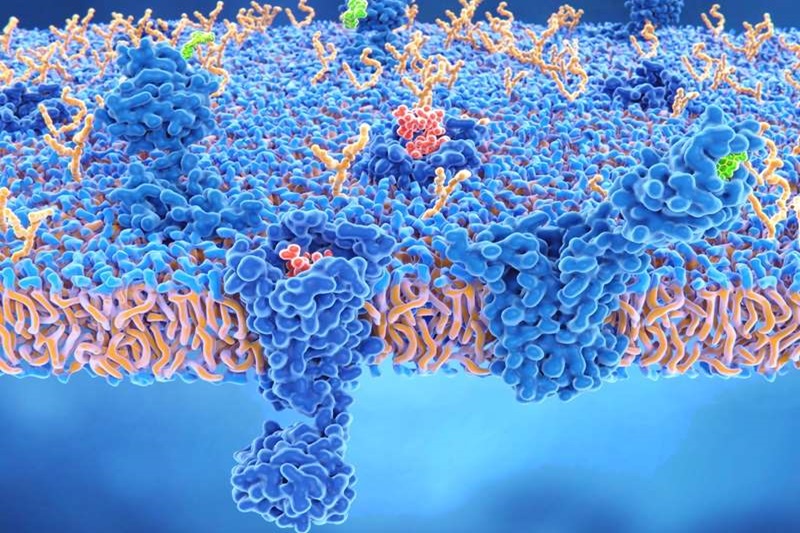
Viral DNA Polymerase Inhibition Assays
Targeting the viral DNA polymerase enzyme, essential for viral genome replication, is a potent strategy for limiting viral spread. Our assays test how well candidate compounds can inhibit this key enzyme.
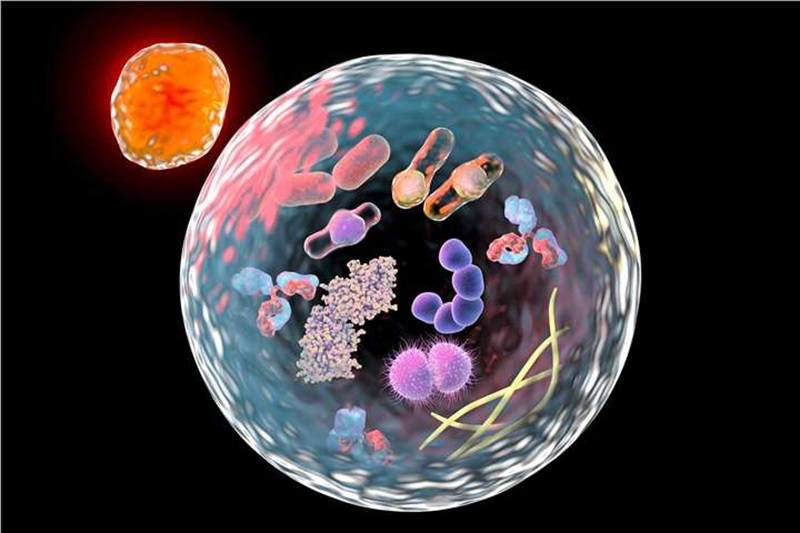
Helicase-Primase Inhibition Assays
This assay evaluates the inhibition of helicase-primase, a complex involved in viral DNA unwinding and replication. Our testing focuses on compounds that can effectively disrupt this vital mechanism.
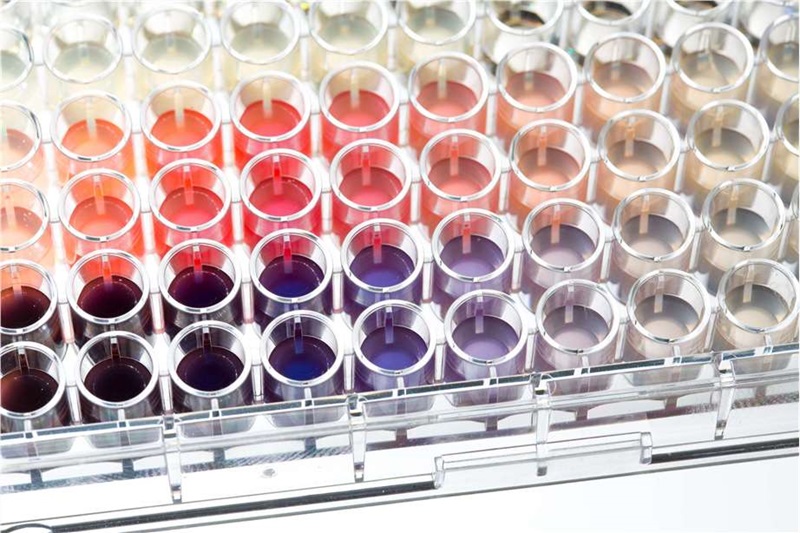
Viral Protease Inhibition Assays
Proteases are essential for viral maturation. Our assays test inhibitors targeting viral proteases, preventing the virus from assembling new infectious particles.
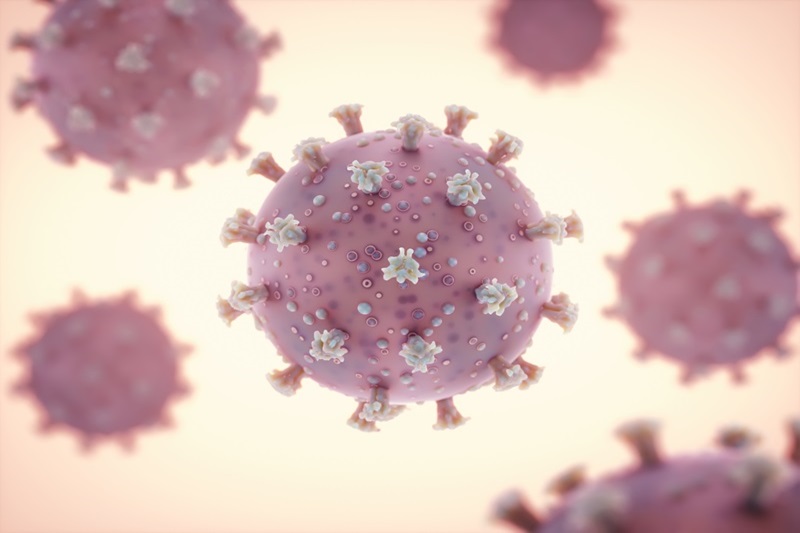
Viral Assembly/Egress Inhibition Assays
The final stage in the viral lifecycle involves the assembly and release of new viral particles. We test for compounds that can block viral particle assembly or hinder the egress of mature viruses from host cells.
Time-of-Addition/Removal Studies
Understanding the timing of drug administration relative to viral replication is crucial for optimizing antiviral treatment regimens. Our time-of-addition and time-of-removal studies determine the critical periods during the viral lifecycle when therapeutic agents are most effective. These studies help in identifying optimal dosing schedules to maximize therapeutic impact while minimizing resistance development.
Antiviral Resistance Profiling
Resistance to antiviral agents remains a significant challenge in the treatment of HHV infections. Our resistance profiling service helps identify mutations in viral genomes that lead to resistance against antiviral drugs. By monitoring changes in viral genetic material, we provide early warning signs of resistance, enabling developers to adjust treatment strategies before resistance becomes widespread.
Host Factor Targeting Analysis
In addition to targeting viral proteins, drugs that modulate host cell factors can also offer therapeutic benefits. Our host factor targeting analysis involves studying host cell proteins that interact with the virus. We identify cellular factors that the virus exploits for replication, offering new potential drug targets. This approach may lead to the development of combination therapies that target both the virus and the host cell machinery.
Why Choose CD BioSciences for MoA Studies?
Comprehensive Expertise
Our team consists of scientists with extensive experience in HHV virology, molecular biology, and drug discovery. We have the expertise to conduct complex assays and provide insights that help accelerate drug development.
State-of-the-Art Technology
We employ cutting-edge technology, including high-throughput screening, next-generation sequencing, and advanced imaging techniques, ensuring the accuracy and reliability of our results.
Tailored Services
We understand that every client's needs are unique. We offer customized MoA study designs that align with your specific drug development goals, whether you're working on a novel antiviral therapy or optimizing an existing compound.
Regulatory Knowledge
Our team is well-versed in the regulatory requirements for antiviral drug development, including guidelines from agencies such as the FDA and EMA, ensuring that our studies meet all necessary standards for clinical progression.
FAQs
Custom Reviews
Review 1:
"CD BioSciences provided us with invaluable insights into the mechanism of action of our antiviral drug. Their expertise in HHV and cutting-edge assays helped us refine our development strategy and move forward with confidence."
Review 2:
"The MoA studies conducted by CD BioSciences were crucial in advancing our drug to the next stage of clinical trials. Their team's professionalism and attention to detail made a significant difference in our development process."